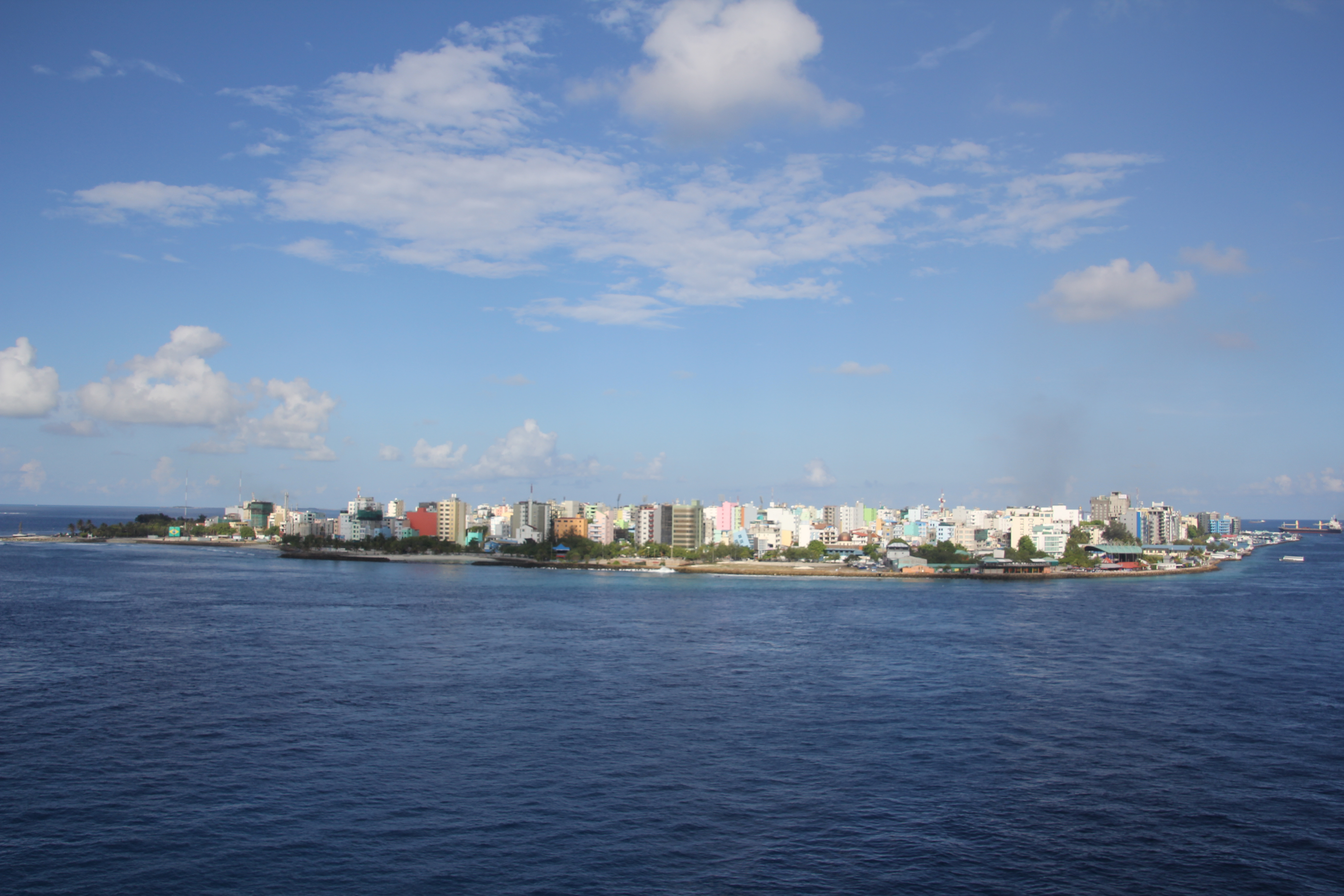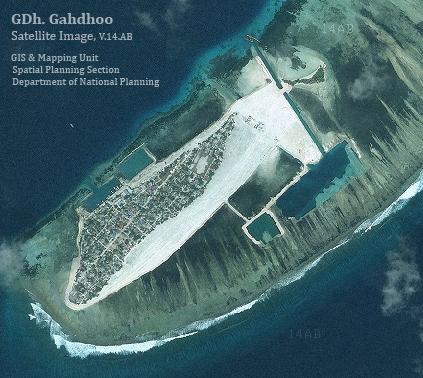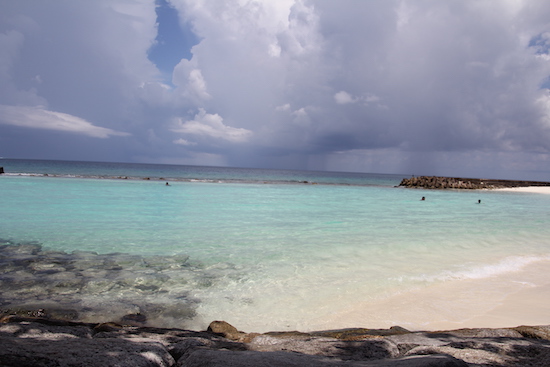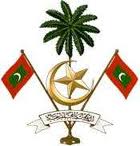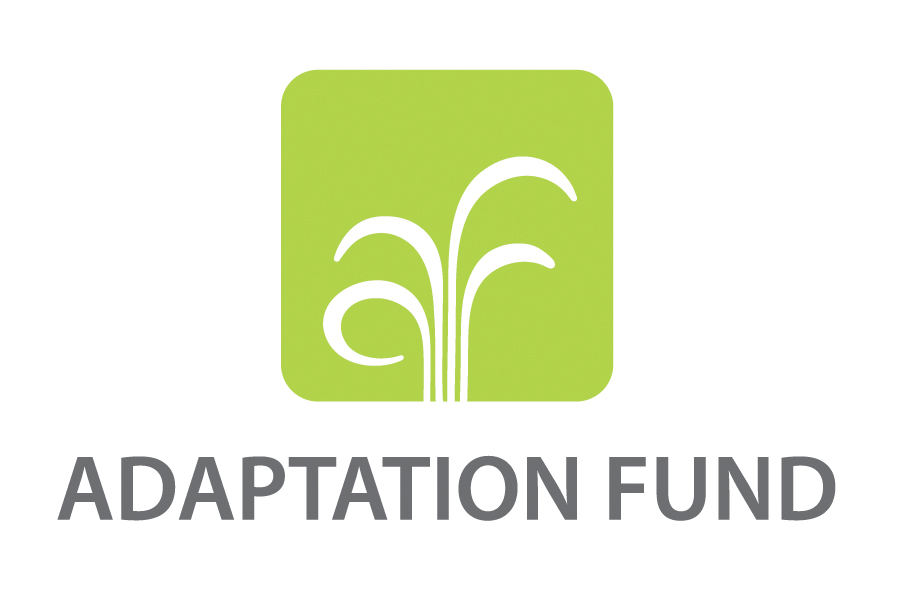An Integrated Water Resource Management Programme in the Maldives
Project Overview
The objective of this project is to ensure reliable and safe freshwater supply for Maldivian communities in a changing climate. As surface freshwater is generally lacking throughout the country, the key problems pertaining to freshwater security relate to the management of increasingly variable rainwater resources and increasingly saline and polluted groundwater. In order to reduce the aforementioned barriers to effective climate change adaptation in the water management sector, it is essential to reinforce the perspective of Integrated Water Resources Management (IWRM) on inhabited islands.
This will ensure that measures responding to additional, climate change-related risks (such as greater rainfall variability, unreliable recharge of aquifers, longer dry periods, and increasing damage to infrastructure from extreme weather events) are addressed in concert with a response to basic development problems (such as insufficient sewage and wastewater treatment, lack of environmental awareness, lack of water conservation, and lack of comprehensive stakeholder participation in the design and monitoring of water management schemes).
Project Details
Groundwater and freshwater are scarce resources in Maldives, due to the hydrogeology of the country. The freshwater aquifer lying beneath the islands is a shallow lens, 1 to 1.5m below the surface, and no more than a few meters thick. A critical determinant of availability is net rainfall recharge, which is becoming more variable in a changing climate. Over the last few years the National Disaster Management Center has transported potable water to many islands facing acute water shortages due to prolonged dry periods, costing over US$ 2 million every year.
Many freshwater aquifers are already stressed from over-extraction and face the risk of total depletion. This already precarious hydrological system is further aggravated by climate change-induced effects of sea level rise and flooding during extreme weather events, which increases saltwater intrusion into the freshwater lens. Salinization of groundwater is affecting the quality of life in the islands, as people depend on groundwater for washing, bathing and other non-potable uses. In addition, groundwater is stressed from the effects of flood- induced pollution, especially spillovers of septic tanks and spillage of human, animal and household waste during periods of heavy rainfall and inundation.
This initiative will increase the resilience of freshwater resources through an integrated management of ground- and freshwater resources in the islands of Mahibadhoo (Alifu Dhaalu Atoll), Ihavandhoo (Haa Alifu Atoll) and Gadhdhoo (Gaaf Dhaal Atoll). These three islands represent different geographical locations across the country, are densely populated and have a flat topography varying between 0-0.5 meters above sea level (MSL).
In order to reduce the barriers to effective climate change adaptation in the water management sector, it is essential to reinforce the perspective of Integrated Water Resources Management (IWRM) on inhabited islands. This will ensure that measures responding to additional, climate change-related risks (such as greater rainfall variability, unreliable recharge of aquifers, longer dry periods, and increasing damage to infrastructure from extreme weather events) are addressed in concert with a response to basic development problems (such as insufficient sewage and wastewater treatment, lack of environmental awareness, lack of water conservation, and lack of comprehensive stakeholder participation in the design and monitoring of water management schemes).
Through the rollout of an integrated water resource management programme in HA. Ihavandhoo, ADh. Mahibadhoo and GDh. Gadhdhoo, this project will ensure consistent, safe and equitable access of all island communities to safe freshwater in a changing climate. Through a targeted mix of investments, the project will address the effects of variable rainfall, extreme weather events, salinization and pollution of aquifers.
Key Results and Outputs
Component 1: Establishment of integrated, climate-resilient water supply and management systems
Establish artificial groundwater recharge systems (Output 1.1) and improve rainwater harvesting schemes (Output 1.2). Establish production and distribution system for desalinated water supply (Output 1.3) and improve existing wastewater management systems (Output 1.4).
Component 2: Increase participation in the development, allocation and monitoring of freshwater use in a changing climate
Community consultations (Output 2.1) and targeted training events (Output 2.2) on each island to strengthen local awareness and ownership of integrated, climate-resilient freshwater management.
Component 3: Replication and upscaling of climate-resilient freshwater management
Train technicians (Output 3.1) and create institutional mechanisms (Output 3.2) to integrate of adaptation into water management projects through an Integrated Water Resource Management (IWRM) framework. Develop and finance action plans on at least 4 additional islands to replicate integrated, climate-resilient freshwater management (Output 3.3).
Reports and Publications
PIFs
Monitoring and Evaluation
Project monitoring and evaluation (M&E) will be in accordance with established UNDP procedures and will carried out by the Project team, verified by the MHE and the UNDP Country Office in Male. Dedicated support by the technical adaptation teams in the UNDP Asia-Pacific Regional Center and UNDP New York will be provided on a regular basis. A comprehensive Results Framework of the project will define success indicators for project implementation as well as the respective means of verification. A Monitoring and Evaluation (M&E) system for the project will be established, based on these indicators and means of verification. It is important to note that the Results Framework in Annex B, together with Output indicators, targets and means of verification, will be reconfirmed during the inception phase of the project. Any changes to the Results Framework require approval by the Project Board.
A Project Inception Workshop will be conducted within four months of project start up with the full project team, relevant government counterparts, co-financing partners, and UNDP. The Inception Workshop is crucial to building ownership for project results and to plan the first year annual work plan. A fundamental objective of the Inception Workshop will be to present the modalities of project implementation and execution, document mutual agreement for the proposed executive arrangements amongst stakeholders, and assist the project team to understand and take ownership of the project‟s goals and objectives. Another key objective of the Inception Workshop is to introduce the project team which will support the project during its implementation. An Inception Workshop Report will be prepared and shared with participants to formalize various agreements decided during the meeting.
A UNDP risk log will be regularly updated in intervals of no less than every six months in which critical risks to the project have been identified. Quarterly Progress Reports will be prepared by the Project team and verified by the Project Board. Annual Project Reports will be prepared to monitor progress made since project start and in particular for the previous reporting period. These annual reports include, but are not limited to, reporting on the following:
- Progress made toward project objective and project outcomes - each with indicators, baseline data and end-of-project targets (cumulative);
- Project outputs delivered per project Outcome (annual);
- Lessons learned/good practices;
- Annual expenditure reports;
- Reporting on project risk management.
Government authorities, members of the Project Board and UNDP staff will conduct regular field visits to project sites based on the agreed schedule in the project's Inception Report/Annual Work Plan to assess first hand project progress.
In terms of financial monitoring, the project team will provide UNDP with certified periodic financial statements. Audits on the project will follow UNDP finance regulations and rules and applicable audit policies. During project implementation, Annual Work Plans (AWPs) and Quarterly Work Plans (QWPs) will be used to refine project delivery targets and realign project work upon consultation and endorsement by the Project Board.
The project will undergo an independent Mid-Term Evaluation (MTE) at the mid- point of project implementation, which will determine progress being made toward the achievement of outcomes and identify course correction if needed. It will focus on the effectiveness, efficiency and timeliness of project implementation; highlight issues requiring decisions and actions; and present initial lessons learned about project design, implementation and management. Findings of this review will be incorporated as recommendations for the final half of the project‟s term. A summative terminal evaluation will be conducted 3 months before project closure.
